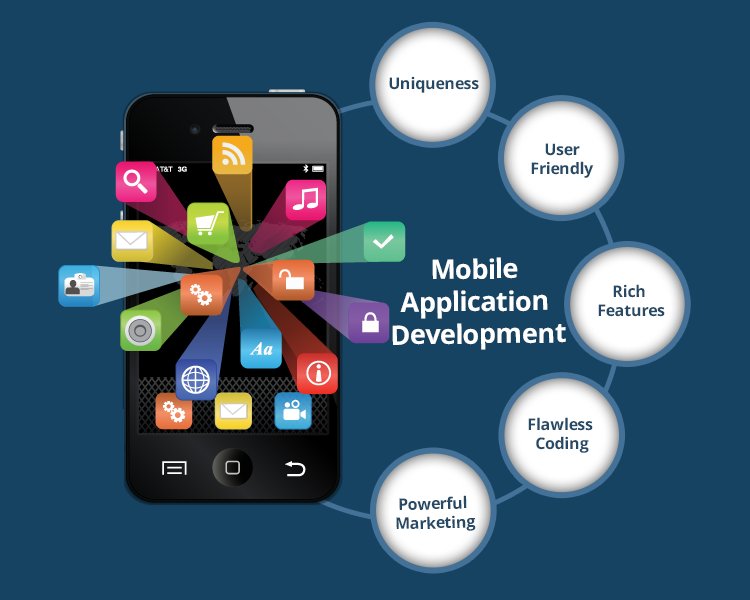
Mobile App Development: Unleashing the Power of the Digital Age
In the ever-evolving digital landscape, mobile apps have become indispensable tools that empower businesses and connect users like never before. Mobile app development has emerged as a crucial domain, offering vast opportunities for innovation, growth, and customer engagement. This article delves into the captivating world of mobile app development, exploring its significance, benefits, and the essential components involved.
The Importance of Mobile App Development
The proliferation of smartphones and tablets has created an immense demand for mobile apps. These apps have become integral to our daily lives, facilitating a wide range of activities, from communication and entertainment to productivity and commerce. For businesses, mobile apps provide a direct channel to engage with their target audience, build brand loyalty, and drive revenue.
Benefits of Mobile App Development
- Enhanced Customer Engagement: Mobile apps allow businesses to stay connected with their customers 24/7, providing real-time updates, personalized notifications, and interactive experiences.
- Increased Revenue Generation: Apps can serve as digital storefronts, enabling businesses to reach a wider audience and offer convenient purchasing options.
- Improved Brand Loyalty: Well-designed apps create positive user experiences, fostering brand recognition, customer satisfaction, and repeat business.
- Enhanced Productivity and Efficiency: Business-oriented mobile apps can streamline workflows, improve collaboration, and automate tasks, leading to increased productivity and cost savings.
- Competitive Advantage: In a crowded marketplace, mobile apps can differentiate businesses from their competitors and provide a competitive edge.
Essential Components of Mobile App Development
Developing a successful mobile app requires a comprehensive approach that encompasses several key components:
- User Research and Definition: Defining the target audience, understanding their needs, and conducting competitive analysis are crucial steps in the development process.
- Design and Prototyping: User experience (UX) and user interface (UI) design are essential for creating an engaging and intuitive app. Prototyping helps visualize and test the app’s functionality before development.
- App Architecture: The structure and organization of the app’s codebase play a vital role in its stability, scalability, and maintainability.
- Development: The actual coding process involves writing clean, efficient, and well-tested code using appropriate programming languages and frameworks.
- Testing: Rigorous testing ensures the app’s stability, performance, and compliance with industry standards.
- Deployment and Maintenance: The app’s deployment to various platforms (e.g., iOS, Android) and ongoing maintenance are critical for its success.
Conclusion
Mobile app development has revolutionized the way we interact with technology, businesses, and the world around us. From enhancing customer engagement to driving revenue and fostering competitive advantage, mobile apps offer a transformative opportunity for businesses in the digital age. By understanding the importance of mobile apps and embracing the essential components involved in their development, businesses can harness the power of this captivating platform to achieve success and innovation. As the mobile landscape continues to evolve, the demand for skilled mobile app developers and cutting-edge solutions will only grow, opening up a wealth of possibilities for the future.


